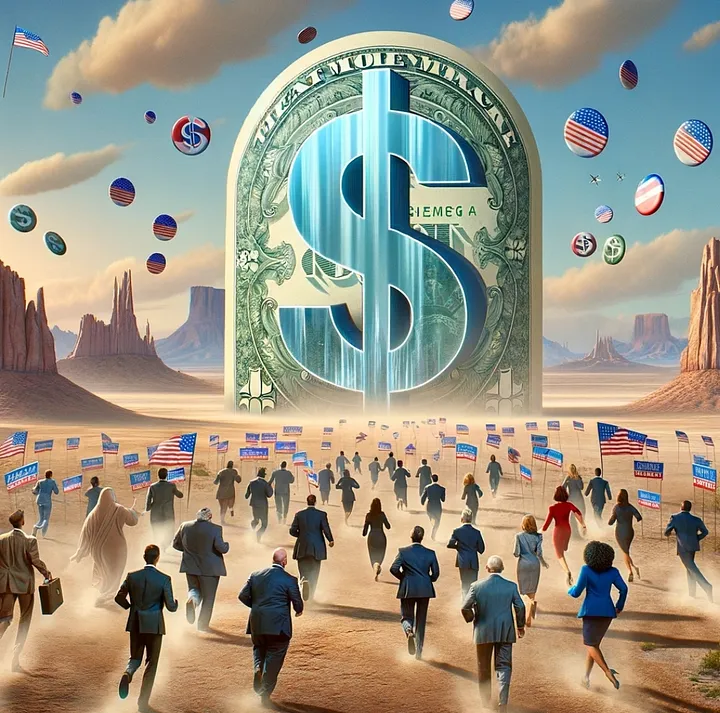In the world of politics, money often speaks louder than words. The intricate web of campaign finance is a topic that demands scrutiny, especially given its profound impact on democratic processes. This exposé aims to unravel the complexities and absurdities inherent in the current campaign finance system.
The Billion-Dollar Campaigns: An Overview
The escalation of campaign spending in the United States has reached unprecedented levels. Presidential campaigns, once modest affairs, now see expenditures soaring into the billions. This financial arms race has transformed the political landscape, turning campaigns into high-stakes bidding wars where the deepest pockets often hold sway.
Super PACs and Their Shadowy Influence
Super Political Action Committees (Super PACs) have emerged as major players in this financial frenzy. Unlike traditional PACs, Super PACs can raise and spend unlimited amounts of money to advocate for or against political candidates. However, they are not permitted to coordinate directly with the candidates or parties they support. This distinction has led to a proliferation of Super PACs, often backed by wealthy individuals or corporations, wielding significant influence over elections and policy making.
Dark Money and Anonymous Donors
‘Dark money’ refers to political spending by nonprofit organizations that are not required to disclose their donors. This anonymity allows for significant sums of money to be funneled into campaigns without public accountability, raising concerns about the influence of unknown actors on the political process.
The Irony of Campaign Finance Laws
Ironically, the very laws designed to regulate campaign finance have, in some cases, exacerbated its problems. For instance, the landmark Supreme Court decision in Citizens United v. Federal Election Commission (2010) significantly loosened restrictions on corporate and union spending in federal elections, paving the way for an influx of corporate funds into the political sphere.
The Impact on Democracy
The distorting effect of money in politics raises critical questions about the health of democracy. When candidates spend more time fundraising than engaging with constituents, or when policies seem more reflective of donor interests than public will, the democratic process is undermined.
Looking Ahead: Potential Reforms
Reforming campaign finance is a complex challenge, but several potential solutions have been proposed. These include public financing of campaigns, stricter disclosure requirements for political spending, and limits on the amount of money that can be donated to political campaigns or spent by candidates.
References:
- Federal Election Commission. Reports on campaign spending and contributions.
- Supreme Court of the United States. Citizens United v. Federal Election Commission, 558 U.S. 310 (2010).
- Center for Responsive Politics. Analysis of Super PACs and their impact on elections.
- Brennan Center for Justice. Studies on the impact of dark money in politics.
- Campaign Finance Institute. Research on public financing models and their effectiveness.












